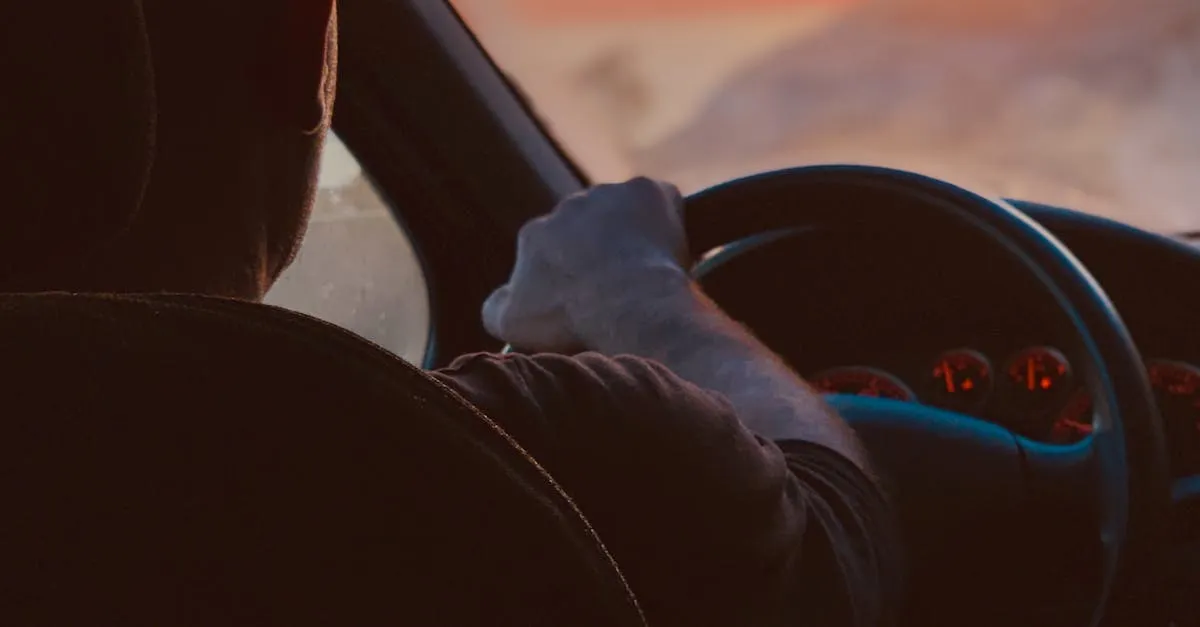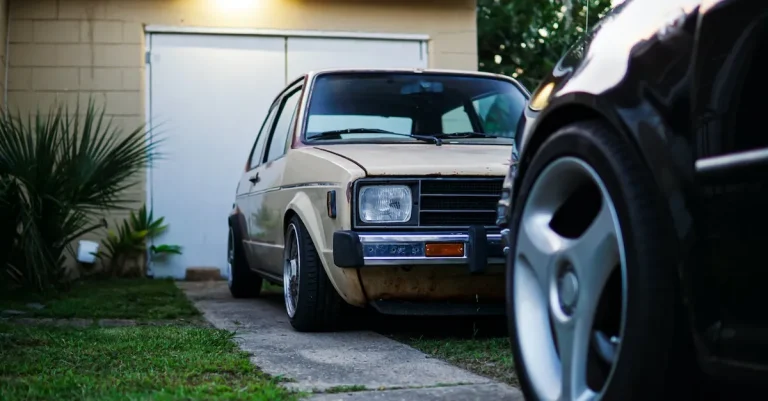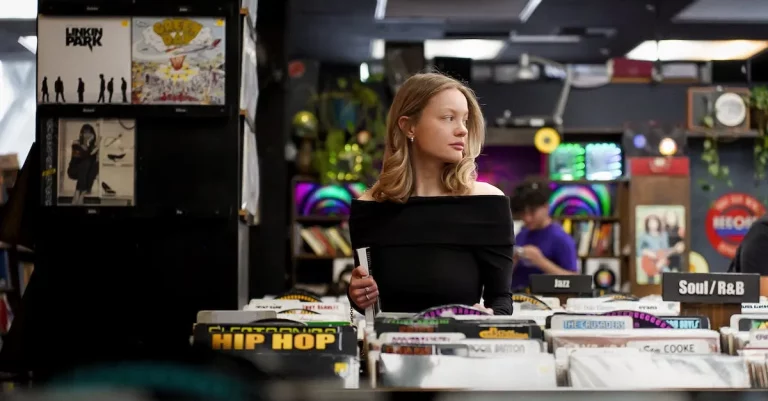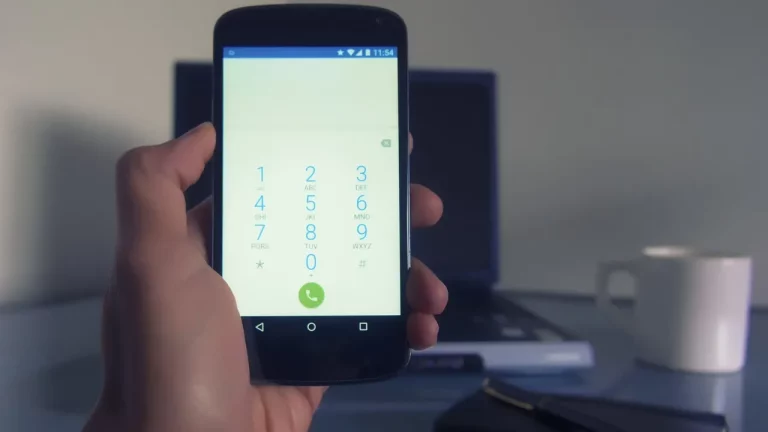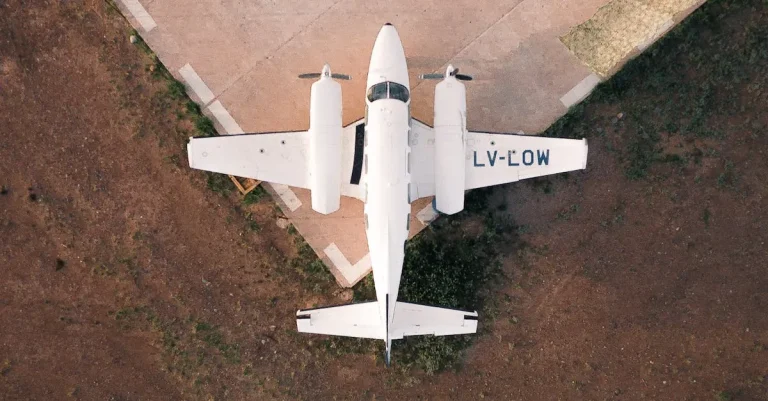Driving Without A License Under 18 In Texas: Everything You Need To Know
Getting behind the wheel without a driver’s license can lead to legal troubles in Texas, especially if you’re under 18 years old. But what exactly does the law say about underage driving without a license in the Lone Star State? Read on for a detailed look at Texas laws and penalties surrounding unlicensed teen drivers.
If you’re short on time, here’s a quick answer: In Texas, it is illegal for anyone under the age of 18 to operate a motor vehicle without a valid driver’s license or learner permit. Penalties can include fines, driver’s license suspension, and even jail time in severe cases.
Texas Laws on Driving Without a License Under 18
Driving without a license is a serious offense, especially for individuals under the age of 18 in Texas. It is important to understand the laws and consequences associated with driving without a license to avoid any legal issues.
Here is everything you need to know about the Texas laws on driving without a license for individuals under 18.
Minimum Driving Ages in Texas
In Texas, the minimum age to obtain a driver’s license is 16 years old. However, there are certain exceptions and restrictions for individuals under 18 who want to drive legally.
If you are under 18 years old, you must first obtain a learner’s permit before you can apply for a driver’s license. To be eligible for a learner’s permit, you must be at least 15 years old and have completed a driver education course approved by the Texas Department of Public Safety (DPS).
Once you have a learner’s permit, you must complete at least 30 hours of behind-the-wheel practice with a licensed adult who is at least 21 years old. This practice must include at least 10 hours of nighttime driving.
After holding a learner’s permit for six months and reaching the age of 16, you can then apply for a provisional driver’s license.
Penalties for Driving Without a License Under 18
Driving without a license is a violation of Texas law, and the consequences can be severe, particularly for individuals under 18. If you are caught driving without a license, you may face the following penalties:
- A fine of up to $200
- Up to 30 days of community service
- Suspension of your driving privileges
Additionally, driving without a license can result in higher insurance premiums and may make it more difficult for you to obtain a driver’s license in the future. It is essential to understand the importance of obtaining a valid driver’s license and to adhere to the laws and regulations set forth by the state of Texas.
To learn more about the specific laws and requirements for driving without a license under 18 in Texas, you can visit the official website of the Texas Department of Public Safety: https://www.dps.texas.gov/driverlicense/drivereducation.htm.
Consequences of Unlicensed Driving Under 18 in Texas
Fines and Fees
Driving without a license under the age of 18 in Texas can result in serious consequences. One of the most common penalties is the imposition of fines and fees. These fines can vary depending on the specific circumstances of the offense, but they can range from $100 to several hundred dollars.
Additionally, there may be additional fees associated with attending driver’s education courses or obtaining a driver’s license once eligible. It’s important to note that these fines and fees can add up quickly, making it crucial for young drivers to understand the importance of obtaining a license before getting behind the wheel.
Driver’s License Suspension
In addition to fines and fees, unlicensed driving under 18 in Texas can also result in the suspension of the individual’s driver’s license. This means that the young driver will not be able to legally operate a motor vehicle for a specified period of time.
The length of the suspension can vary depending on the circumstances of the offense and any prior violations. It’s essential for young drivers to recognize that having their license suspended can have a significant impact on their ability to get to school, work, and other important commitments.
Avoiding unlicensed driving is crucial to maintaining the freedom and independence that comes with having a driver’s license.
Jail Time
In certain cases, unlicensed driving under 18 in Texas can even result in jail time. While this is not a common consequence, it is a possibility for more serious offenses or for repeat offenders. Young drivers should understand that the potential for jail time is a serious consequence and should serve as a strong deterrent to driving without a license.
It’s always better to wait until legally eligible to obtain a driver’s license than to risk facing jail time and other severe penalties.
For more information on the consequences of unlicensed driving under 18 in Texas, you can visit the official Texas Department of Public Safety website at www.dps.texas.gov. It’s important for young drivers to be aware of the potential consequences and legal requirements related to driving in order to ensure their safety and the safety of others on the road.
Defenses Against Underage Unlicensed Driving Charges
When facing charges of driving without a license under the age of 18 in Texas, it is important to understand the available defenses. These defenses can help you navigate the legal process and potentially mitigate the consequences of the charges.
Here are three common defenses that can be used in such cases:
No Proof of Driving
One possible defense is to argue that there is no proof that you were actually driving the vehicle. This defense can be effective if there were no witnesses or if the evidence against you is weak. For example, if you were stopped by law enforcement while sitting in a parked car, and there is no evidence of the vehicle being in motion, you can argue that you were not driving and therefore should not be charged with underage unlicensed driving.
License Was Valid
If you were charged with underage unlicensed driving, but you actually had a valid driver’s license at the time of the incident, this can be a strong defense. It is crucial to provide evidence of your valid license, such as a copy of your license or a record from the Department of Public Safety.
This defense can help prove that you were not driving without a license and should not be held accountable for the charge.
Emergency Situation
In some cases, driving without a license under the age of 18 can be justified if it was an emergency situation. For instance, if you needed to rush someone to the hospital and there were no other options available, this defense could potentially be used to argue that your actions were necessary under the circumstances.
It is important to provide evidence, such as medical records or witness statements, to support your claim of an emergency situation.
Remember, these defenses are not guaranteed to result in a dismissal of the charges, but they can significantly strengthen your case and increase the chances of a favorable outcome. Consulting with an experienced attorney who specializes in traffic law can provide you with the guidance and support you need to navigate the legal process successfully.
Getting a License as a Teen in Texas
Getting a driver’s license is an exciting rite of passage for teenagers in Texas. It represents newfound independence and the ability to explore the open road. However, before hitting the gas pedal, there are a few steps that teens need to follow in order to obtain their license.
Texas Learner License – Permit
The first step in the process is to obtain a Texas Learner License, also known as a permit. This allows teens to practice driving under the supervision of a licensed adult who is at least 21 years old. To obtain a Learner License, teens must be at least 15 years old and pass a written knowledge test.
The test covers topics such as traffic laws, road signs, and safe driving practices. Once the permit is obtained, teens can start practicing driving with a licensed adult in the vehicle.
Texas Provisional License – Under 18
After holding a Learner License for at least six months, teens can then apply for a Texas Provisional License. This license allows teens to drive unsupervised, but with certain restrictions. For the first 12 months, teens are not allowed to drive between midnight and 5 a.m., unless it’s for school-related activities, work, or a medical emergency.
They are also not allowed to have more than one passenger under the age of 21 who is not a family member in the vehicle unless accompanied by a licensed adult 21 years or older.
License Requirements for Teens
In addition to the age and permit requirements, there are a few other important factors to consider when getting a license as a teen in Texas. Teens must complete a driver education course, which consists of at least 32 hours of classroom instruction and 14 hours of behind-the-wheel training.
They are also required to complete a minimum of 30 hours of supervised driving practice, with at least 10 hours being done at night.
It’s important for teens to familiarize themselves with the rules and regulations regarding teen driving in Texas. The Texas Department of Public Safety (DPS) website (www.dps.texas.gov) provides detailed information about the process of obtaining a license as a teen, including the necessary forms and documents that need to be submitted.
Remember, driving is a privilege and comes with great responsibility. By following the proper steps and guidelines, teens can ensure that they are prepared and ready to hit the road safely.
Other Consequences of Unlicensed Driving
Effects on Car Insurance
Driving without a license can have significant consequences on your car insurance. Insurance companies view unlicensed drivers as high-risk individuals, which means that they are more likely to be involved in accidents or commit traffic violations.
As a result, insurance premiums for unlicensed drivers can be significantly higher compared to those with a valid driver’s license. In some cases, insurance companies may even refuse to provide coverage to unlicensed drivers altogether, leaving them vulnerable in the event of an accident.
Civil Liability
Unlicensed drivers also face potential civil liability if they are involved in an accident. When an unlicensed driver causes a car accident, they can be held responsible for any injuries or damages that occur.
This means that they may be required to compensate the injured party for medical expenses, property damage, and other losses. In addition to facing legal consequences, being held liable for an accident can have long-lasting financial implications for an unlicensed driver, potentially leading to lawsuits and financial strain.
It is important to note that the consequences of unlicensed driving may vary depending on the jurisdiction. It is recommended to consult with a legal professional or refer to the official Texas Department of Public Safety website https://www.dps.texas.gov for the most accurate and up-to-date information.
Conclusion
Driving without a valid license under the age of 18 can lead to fines, suspension of driving privileges, and even jail time in Texas. The penalties tend to escalate for repeat offenses. While defenses like emergency situations are possible, the best option for teens is to go through proper channels to obtain a learner permit and provisional license when eligible.
Under Texas law, teens as young as 15 can obtain a learner permit, while those 16 and older are eligible for a provisional license under strict supervision and driving restrictions. Knowing the licensing laws and requirements for adolescent drivers is crucial for staying on the right side of the law.

